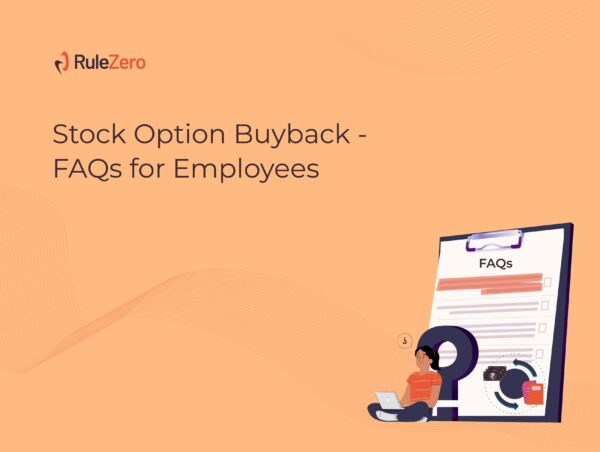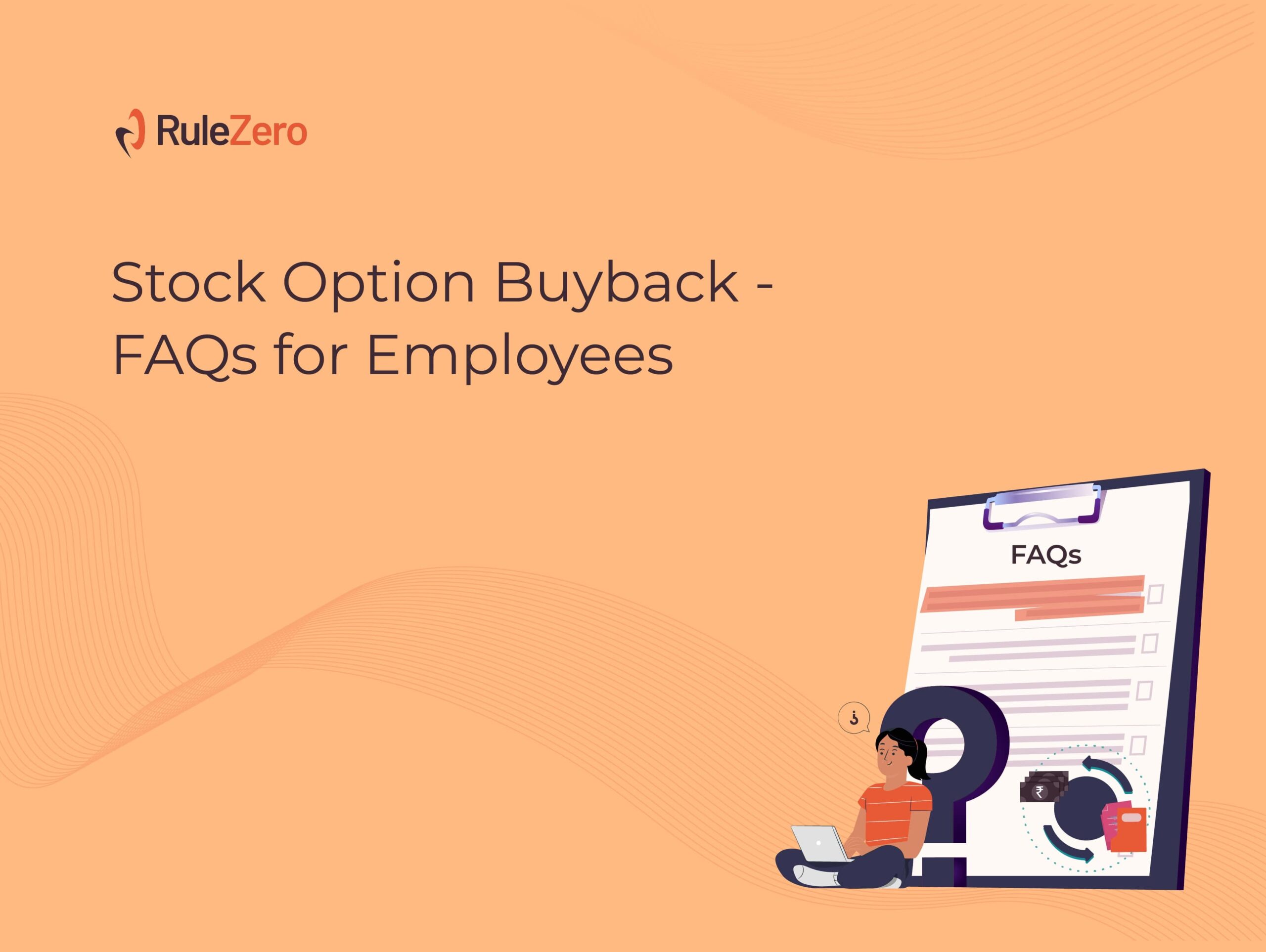To put in simple terms, the value of a company is its estimated worth. Valuation is the process of determining this value. Valuation provides a real-time understanding of how much value the company has created. There are various tangible and intangible factors that are considered when valuing a company. In this blog, we provide a brief overview of how and when a company is valued, what factors are considered, and what effect valuation has on the company, its founders, and investors.
Why is valuation important?
A company’s valuation is a test to understand how much the company is worth and has grown over a period of time. The value forms a basis on which many decisions are made by the founders and the investors.
For Founders
The aim of most founders, as they’re pitching their ideas or business plans to investors, is of course to capture their interest. More importantly, this interest needs to translate into actual money in terms of capital investment. But the need for funds should not mean that founders lose control of their own company. Therefore, for founders, getting their company valued allows them to put a monetary value on their hard work and initiative. The process is also a way to evaluate how far the company has grown under their leadership and management. These two aspects strengthen the founders’ position when negotiating the terms of investment and means that they do not have to give up too much equity for funds.
More practically, it is this monetary worth of a company, determined through valuation, which enables its management to:
(a) Calculate the price of its shares;
(b) Determine the number of equity shares to be issued in exchange for funding;
(c) Fix the ratio at which the convertible instruments convert to equity; and
(d) Determine the value at which the company can be restructured, merged, amalgamated, or liquidated.share
For investors
In the initial years, a company is mostly funded by its founders, and their friends or family, so the need for valuation is limited. However, once angel investors begin to express an interest in the company, determining its value becomes very important. Since investors invest considerable sums of money into the company, it is obvious that they will first want to determine whether the investment is worth the risk. Valuation is how this determination is made. Investors use the process to understand how the company is performing (evaluating its customers, market, profitability, etc.), what its growth has been since its incorporation, and whether its actions are in line with its vision and objectives.
Does the approach to value a company differ according to where the company is in its growth cycle?
Yes, growth and fundraising cycles are closely related. For example, if a company is expanding its business, then it is most likely in the Series A or Series B round of the funding cycle. There are significant variations in the approach to value companies. Factors that work for an established company may not necessarily work for a start-up. Valuation also need not necessarily be dependent on the company’s financials, it also depends on operation and performance metrics.
The following aspects are usually considered during valuation:
a) Nature of business;
b) Market and industry;
c) Brand name;
d) Sales and number of customers;
e) Financial performance in terms of (i) revenue, (ii) EBITDA margins, (iii) value of company assets;
f) Market prices of stock of companies undertaking similar business operations;
g) Dividend-paying capacity;
h) Earning capacity and cash flow;
i) Future cash earnings of the company.
The above factors are relevant while valuing companies that are fully functional and have been operating in the market for a significant period of time.
For a start-up however, considering these factors will be premature. Therefore, most start-ups are valued based on:
a) Vision and skills of promoters;
b) Uniqueness of the product / service;
c) The company’s growth and performance over time;
d) Value of the company in the previous financing round (if any);
e) Current revenue stream;
f) Value of another company engaged in a similar line of business or market.
Why is it important to hire an independent registered valuer?
Founders and investors look at valuation from different perspectives. Investors would like to keep the value as low as possible, to secure more equity in return for funds, while founders prefer a higher value to restrict dilution of their shareholding. Therefore, for an unbiased appraisal, it is best to engage third-party valuers skilled at assessing and establishing the value of the company.
According to law in India, a company must use the services of a registered valuer when it wants to issue shares (raise capital) and at the time of liquidation. The registered valuer is appointed by the company with the consent of the potential investor. The registered valuer must disclose all their findings and information considered for valuation in their report, including.
a) Background information of the company;
b) Purpose of conducting the valuation;
c) All factors considered to arrive at the value;
d) Other parties (if any) forming part of the evaluation process;
e) Date of appointment, date of valuation, and report;
f) Sources of information.
What are the methods to determine a company’s value?
a) Discounted cash flow: Future cash flow of the company is adjusted to arrive at the net present value as on date. A discount is applied on the aggregate amount of cash flows that the company is likely to generate in the future for a specific amount of time. The method allows investors to understand how their investment will grow and be worth in the future.
b) Market value: The asset value, market and industrial parameters of other companies in the same line of business (competitors) are considered, and the results are adjusted to arrive at the company’s worth. This method is not suitable for companies who have a unique line of business or operate in a market with few or no competitors.
c) Book value: The company’s balance sheet is considered to arrive at the valuation. The total value of assets, minus liabilities, provides the economic value of the business.
There are no set criteria to determine which valuation method should be used. Each method has its own pros and cons, and the nature of a company’s business plays a crucial role in choosing the best method. Besides, the most appropriate method may change with time, as a company moves from being a seed entity to a growing enterprise. Valuers often use a combination of methods to arrive at the best possible valuation.
A company’s value may need to be ascertained several times during its lifetime. Each valuation process is different and is critical to strategize future decisions. The company’s value in the initial rounds of financing sets a benchmark for future rounds. Fixing the wrong value can have serious repercussions. Therefore, it is important to not undervalue or overvalue the company. Undervaluing could lead to giving away too many shares and reflect that the company has not made much progress, while an overvaluing could set the bar too high for the company.










